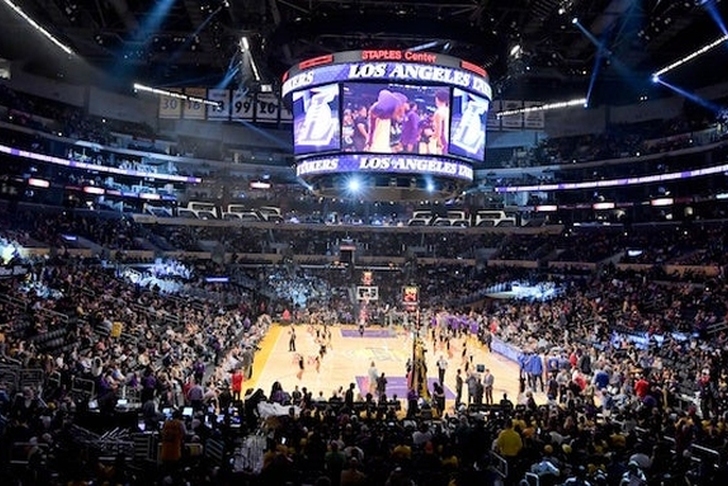Everyone sees the sponsors which surround professional sports teams, and names such as Gillette Stadium or the Staples Center are part and parcel of their sports leagues. But even youth and amateur sports leagues can depend just as much on sponsorships as they will on member fees and concessions. A sponsorship is a major step towards showing outsiders the value of both your team as well as the company on whose behalf you are advertising.
What does the Business gain?
Small businesses under competition from large corporations are not just going to give money away. If you want a business sponsor, you need to explain what the business has to gain from that arrangement.
The obvious go-to reason is branding or advertisement, but the National Alliance for Youth Sports points out that there are other reasons and that a dollar spent on sponsorships goes a long way. There are tax incentives as most amateur sports leagues are nonprofit organizations, and they can be cheaper than other forms of advertisements. Parents inevitably tune out companies blaring away on radio or television, but can notice a company which shows its commitment to helping the community.
Keep in mind that in order to attract sponsors, you will have to show your commitment towards advertising their good works. When meeting with a sponsor, discuss putting their logo on a team jersey, flyers, or even flags. Be specific on what kind of advertising you can offer. Sponsorships are often viewed as a one-way relationship where a charitable business helps out a team. Instead, try to think of it as a two-way mutualistic relationship.
Figure out the Details
Why does your team need a sponsor?
It is not enough to just observe that your team could use more money like everyone else in the world. For a business, a sponsorship is an investment. They thus have the right to know precisely what they are investing in and where their money is going.
This matter should be discussed collectively. Hold a team meeting with other athletes or parents to discuss what the team’s great needs are, whether it is better facilities or transportation. As the Houston Chronicle observes, brainstorming in a group can help bring you all together and encourage a diverse array of viewpoints. In addition to discussing what you could do with additional funds, you should ask about whether they know businesses which would be a great fit for a sponsor and other potential ideas.
Too Much is better than Too Little
When sitting down with a potential sponsor, such as BrokerLink, do not ask them to contribute as much as they like. Instead, set a specific price and ask for that amount. This approach will show businesses that you have taken the time to figure out how much you need.
I cannot tell you how much your sports team needs. But when approaching a business, it is better to ask for too much than too little. Asking for too much creates the possibility of negotiating down to the number you truly want. Asking for too little can disinterest businesses who may believe that your team does not need help or that this is not worth their time. If you are offering sponsorships in the form of packages, you can mention that paying more will increase their visibility compared to other sponsors and lead to a more effective marketing campaign.
Think Big
When looking for sponsors, your best bet is to start small and talk to local businesses. If there are parents or athletes on the team who own a business, talk to those individuals first as they have already have shown a vested interest in your team. New businesses are another good option as they will be looking for ways to get their names out.
But major corporations can/ be partners as well. Nike and Dick’s Sporting Goods are two examples of companies which can sponsor teams which show that they have something to offer. In addition to receiving funds and equipment, a sports team can attract significantly more interest from people in the community if they learn their local sports team is sponsored by these important companies.
Do not just go on Google and look for every sports company which offers a sponsorship. Look for national companies in your area, and search for who to contact as your ticket in. If you have anyone who works for these major companies, ask them for any help they can provide.
There is much more to having a sponsor than begging some small business for money. With creativity and hard work, you can find and persuade businesses to be sponsors you may have never considered before. The final result will be a sports team with more resources and stronger ties to the local community.
Back to the Sports Tech Newsfeed